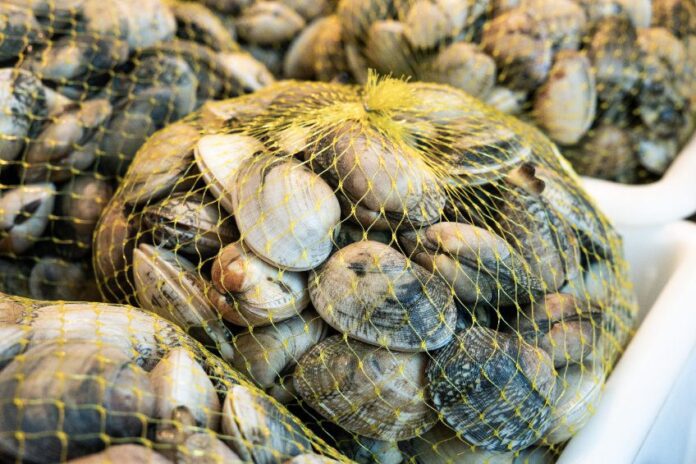The farmers can use data provided by the LoRaWAN network to anticipate extreme events that require clam-preservation action
IoT solutions provider Kerlink and Bioceanor, which is a predictive water quality monitoring solutions provider, are working with the University of Florida’s Institute of Food and Agricultural Sciences (IFAS) to improve yields for Gulf Cost clam farmers using a LoRaWAN network.
Kerlink and Bioceanor jointly designed and deployed the LoRaWAN-based water-quality monitoring station near Cedar Key, Fla. Featuring Bioceanor’s cloud-based, plug-and-play and autonomous AquaREAL system and sensors from the French company, Aqualabo, the station enables continuous data monitoring, the results of which are transmitted in real-time to a dashboard accessible by the public via a Kerlink Wirnet iFemtoCell-evolution gateway.
“The Bioceanor water quality monitoring station provides continuous information on water temperature, salinity, and dissolved oxygen for clam growers in Cedar Key, allowing them to make timely and informed management decisions,” said Leslie Sturmer of the IFAS Shellfish Agriculture Program. “With this information, clam growers can refine and improve management practices, compare crop losses with water-quality events, provide documentation for crop losses, and identify trends in environmental conditions critical for clam health and production.”
In addition, the clam farmers can use the captured data to anticipate extreme events that require clam-preservation action and to inform other critical decisions such as lease site selection, a decision that is several factors like water salinity, dissolved oxygen, pH levels and temperature. Further, the companies claim that the installation will help advance university-level integrated research and extend the economic benefit of Florida’s shellfish aquaculture industry.
“We have deployed Kerlink gateways in several continents and they have always been a reliable hub to gather data from our IoT water-quality devices,” said Charlotte Dupont, CEO of Bioceanor, which is based in Valbonne, France. “We can use local sim cards to provide a continuous service to our customers. This deployment in Florida where the data arrives in real-time on their website for public information is highly reliable with Kerlink devices.”
According to Romain Weryk, Kerlink key account manager, the installation at Cedar Key is an “on-point example of the responsive and robust applications” that LoRaWAN is capable of supporting.

